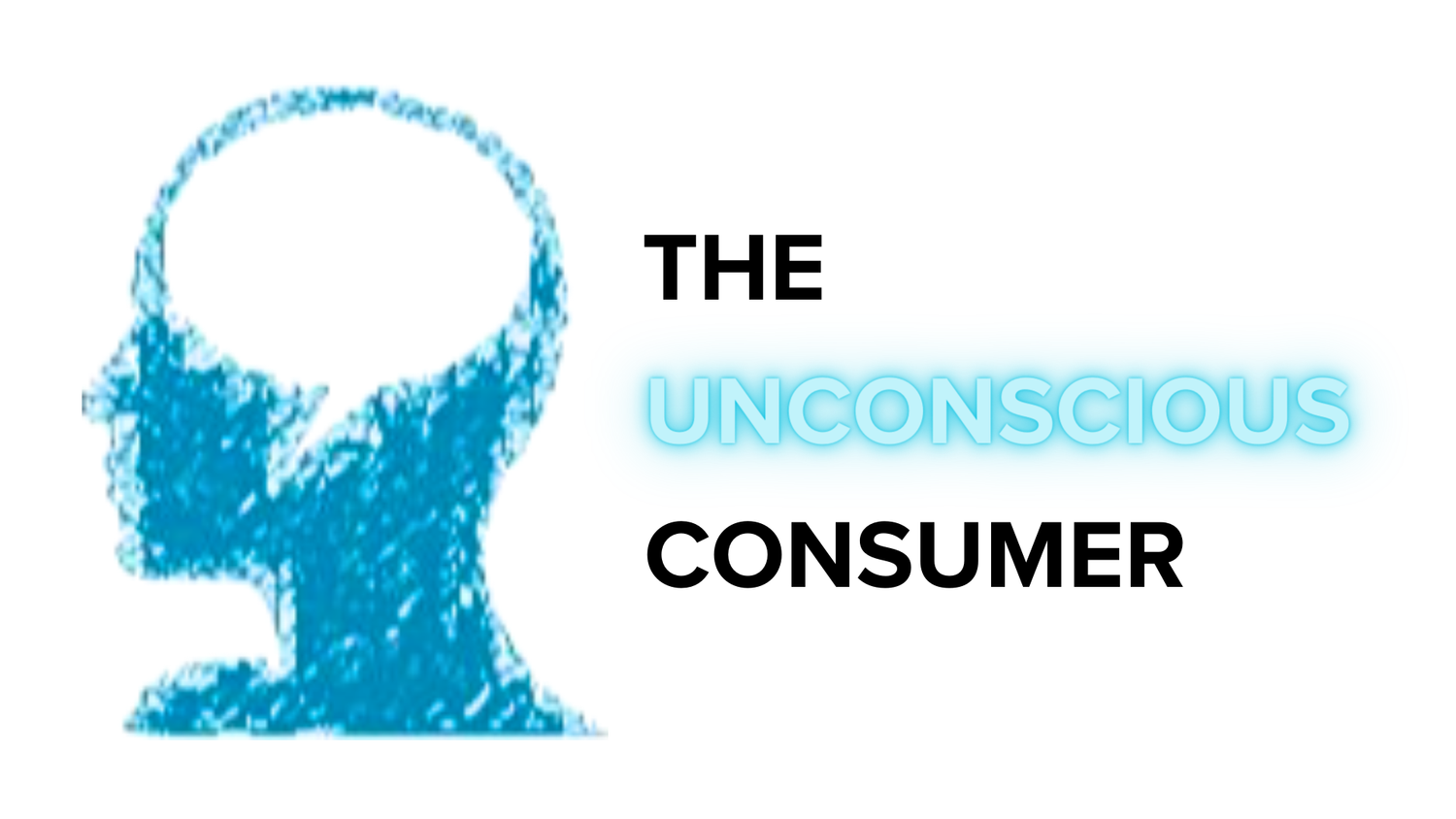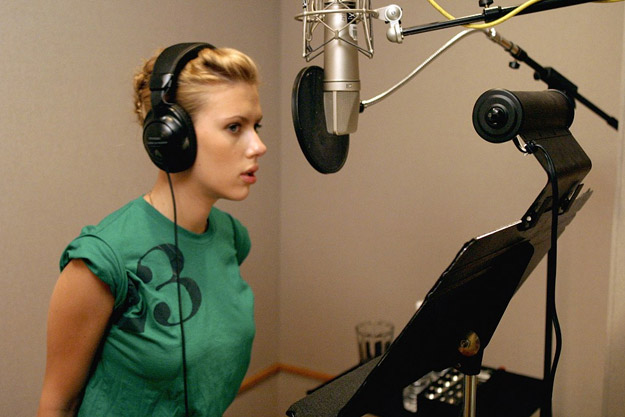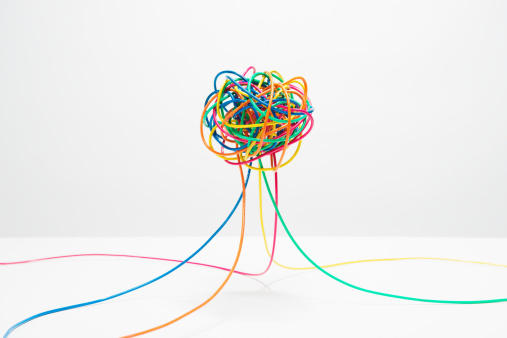A Case of Mistaken Celebrity
Celebrity voice-overs in advertising
Celebrities are commonly used as voice-over talent in advertising. The common thinking is that a celebrity spokesperson can transfer their positive attributes (e.g. trustworthiness, familiarity, likeable) on to a brand. This idea is the same whether the celebrity is shown on screen or if you just hear their voice. Depending on whether brands want to come off as likeable, fun, authoritative, or manly, that can dictate the type of celebrity they will use as their brand’s voice. Sometimes a celebrity's voice is so distinct that it is instantly recognizable, such as Morgan Freeman's in the VISA commercials, but often the celebrity lending their voice to a commercial will go unrecognized.
Try it for yourself. See if you can recognize the celebrity in these commercials from just their voice-over.
Could you identify the celebrity in each commercial? It's not easy, even when you specifically paying attention to it.
Intuitively, you would think that if people do not even recognize it is a celebrity doing the voice-over in a commercial, then the ad failed its job to link the celebrity with the brand. You certainly wouldn’t be alone in making that assumption. Safe to say that most marketing managers would also feel the sting after spending millions on a celebrity spokesperson, and not feel like their brand was able to reap any of the benefits. Yet, something weird happens when brands only use celebrities for their voices, and never actually show the celebrity in the commercial. Turns out that celebrity voice-overs only work when people don’t actually realize they are listening to a celebrity!
Only using celebrities for their voices
A study by Mark Forehand and Andrew Perkins published in the Journal of Consumer Research examined the effects of celebrity voice-overs in ads. Specifically, they looked at whether consumers had a positive or negative perception towards a celebrity and whether consumers recognized the celebrity from the voice-over. Interestingly, they found a counterintuitive result when they examined how celebrity voice-overs affected changes in brand opinion. Their results can seem a little complicated, but bear with me because what they found is quite surprising.
First, let’s see what happened when brands used a celebrity with a positive perception for their voice-over. For sake of simplicity, we’ll call this the “George Clooney” celebrity version.
It turns out that brand opinion improved for the “George Clooney” celebrities, but only when consumers did not recognize that they were listening to a celebrity. Surprisingly, when people identified the celebrity from the voice-over, it actually made their opinion of the brand worsen.
What about when brands used a celebrity with a negative perception for their voice-over? Let’s call this the “Justin Bieber” celebrity version.
As expected, brand opinion worsened for the “Justin Bieber” celebrities, but only when consumers did not recognize they were listening to a celebrity they didn’t like. When people recognized that the voice-over was from a “Justin Bieber” celebrity, their opinion of the brand actually improved.
Now, you may be asking yourself ‘why in the world would knowing the celebrity voice-over have the opposite effect on brand opinion?” What is the point of using a celebrity as the voice of a brand, if you can’t explicitly promote the celebrity?
Misattribution theory
The celebrity voice-over study underscores a criminally overlooked issue of consumer psychology called misattribution theory. The idea of misattribution comes from studies in cognitive and social psychology that found people misattribute feelings of familiarity for something else when they cannot identify the source of the familiarity. Everyone has experienced that feeling of “misplaced familiarity” at some point in his or her life. At its most extreme it feels like déjà vu, but often that feeling can fall below our radar. When we encounter these “misplaced familiarity” experiences, we realize, either explicitly or implicitly, that what we are currently experiencing something we’ve experienced before, but we just can’t put our finger on it. Any time you say to yourself something like “This song is amazing. I feel like I’ve heard it before somewhere” or “Have I seen you before somewhere?” – you are experiencing misplaced familiarity. But we can also feel misplaced familiarity without knowing it.
The interesting result from the celebrity voice-over study was that consumers unknowingly (i.e. implicitly) misplaced their feeling of familiarity of the celebrity’s voice on to their feelings of the brand. Even when consumers did not explicitly recognize the voice of a celebrity, they still experienced a feeling of familiarity since they have heard the celebrity speak many times. If they cannot identify the celebrity as the source of familiarity, they can misplace (or transfer) that positive feeling of familiarity on to the brand being advertised. Yet, when consumers are able to identify the celebrity from their voice-over, they don’t misplace their feeling of familiarity because they already identified the source of the familiarity – the celebrity.
How can misattribution theory help brands?
The applications of misattribution theory extend well past celebrity voice-overs. It is possible for these misattributions to impact consumer’s decision-making any time a feeling of familiarity towards a brand gets misplaced. If consumers cannot identify a feeling of familiarity, they will misattribute that feeling to whatever decision they happen to be making at the time. Understanding the influences at work at the moment of decision is critical for any brand, but the problem is that consumers often mistake their “real” influences for “fake” ones.
Want to share your thoughts? Feel free to share them in the comments section below or on social media.




